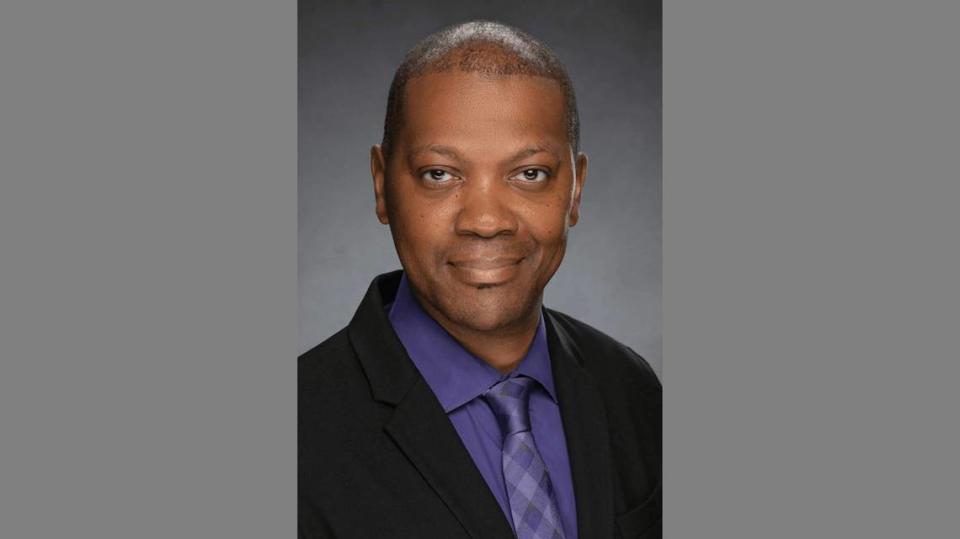Give Black Americans hope and support, not messages of victimhood | Opinion
In January 2023, I had a heartfelt conversation with civil-rights leader Bob Woodson that was as illuminating as it was enlightening.
We discussed his decades of work to eradicate poverty, crime, and hopelessness from marginalized communities. The 86-year-old, who was a part of the Civil Rights Movement and founded the Woodson Center, is now an author, speaker and pioneer uplifting and empowering communities through his support of neighborhood-based initiatives to revitalize low-income communities.
His message is always one of overcoming and of progress, especially as it pertains to the Black community. How do you keep going strong after all those years, I asked, especially when there is such a strident counter-narrative from prominent naysayers whose singular message is that Black people are falling behind because America is not honoring its promise to them.
“You show them through evidence and not argument,” he said.
It wasn’t an accident that I found myself on the phone with Woodson. I discovered his books and his programs while doing research for my newly formed organization. The entirety of his messaging provided a powerful antidote to the poisonous testimony so often used in characterizing the state of Black America.
“We cannot present the challenges facing the poor and marginalized as insurmountable,” I said to Mr. Woodson by phone. “To do so is to consign them to a fate worse than death.”
Having grown up in the Deep South, in rural southern Mississippi, I know very well the feelings of despair that too often grip entire communities of poor people of all races, but especially Black Americans. This is why I take great pains to give people hope, such as being quick to point to research showing that Black households saw a 77% increase in their wealth during the pandemic and that Black education attainment is up nearly 10% since 2000. I also highlight the role that historically Black colleges and universities are playing in increasing by 30% the probability that Black students will attain a degree.
Just weeks before my conversation with Mr. Woodson, I was challenged by an acquaintance for “always looking for the silver lining when it comes to Black folks.”
“Why can’t you just admit that Black folks are still falling behind in every way and most of us will always be behind?” asked the man, who is Black and in his late 40s. “You cannot tell me that you disagree with this.”
I told him about a kid who, at 12 years of age, dreamed of one day being a business owner, a recognized expert in his field, wealthy enough to travel the world, to have a book collection that rivaled a small library and to go shopping without having to look at price tags. That kid was me, I said.
“If you had told me, as a Black kid growing up where I did and the way I did, to working class parents in a racist, rural town,” I said, “You would not see me standing before you today. I would have believed that the task was too big, my dream too unrealistic. I would have given up.”
Dropping my oldest daughter off at college last fall filled me with pride that I’d raised a beautiful young lady full of hope, intellect, promise, wisdom and drive. It also wasn’t lost on me that she walked onto the campus of an elite public university with a mind and spirit totally free of the worries her father had to overcome decades earlier.
I’m working to help myriad children from low-income families feel a similar sense of purpose, determination, and optimism, in college and in life.
Ronell Smith is a business strategy consultant who serves on the Southlake City Council.

Do you have an opinion on this topic? Tell us!
We love to hear from Texans with opinions on the news — and to publish those views in the Opinion section.
• Letters should be no more than 150 words.
• Writers should submit letters only once every 30 days.
• Include your name, address (including city of residence), phone number and email address, so we can contact you if we have questions.
You can submit a letter to the editor two ways:
• Email letters@star-telegram.com (preferred).
• Fill out this online form.
Please note: Letters will be edited for style and clarity. Publication is not guaranteed. The best letters are focused on one topic.


